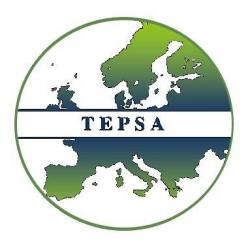Priorities of the Italian Presidency of the European Union in 2014
In the second half of 2014, in keeping with a calendar of rotations decided some years ago, Italy will assume the Presidency of the Council of the European Union. The responsibility of the rotating Presidency was broadly redefined by the Treaty of Lisbon, which introduced various innovations aimed at eliminating the problems of excessive fragmentation in the Union's work programmes owing to the Presidency's half-yearly rotation. The rotating Presidency remains nevertheless an opportunity to focus national governmental, administrative and public attention on the European agenda, and on how best to cultivate a common vision of the goals to be achieved in Europe and of national interests within the European framework. It provides stimulus to improve the country’s performance with regard to various aspects of its membership in the European Union (EU): a better use of European structural funds, greater access to European funding for research and innovation, reduction in the number of infringement procedures, shorter timeframes for transposition of Directives into national law, and so forth. In this paper IAI will attempt to examine the challenges and opportunities awaiting Italy as it prepares to assume the EU Presidency on July 1st of this year.
Background paper for the TEPSA Pre-Presidency Conference on "Priorities and Challenges of the Italian Presidency 2014", Rome, 24-25 March 2014.
The conference has been organised in collaboration with the TEPSA network, Centro Studi sul Federalismo and with the support of the Italian Ministry of Foreign Affairs and the Representation of the European Commission in Italy.
-
Details
14 p.
Introduction
1. Towards better economic governance: how to improve Eurozone stability and resilience and stimulate growth and employment
2. Towards a Common European Foreign and Security Policy: some practical steps ahead
3. The Common Security and Defense Policy in the post-December 2013 European Council
4. Toward a more effective EU immigration policy
5. What we expect from the new EU leadership: tasks ahead and the need for greater institutional effectiveness and legitimacy
Topic
Tag
Related content
-
Publication09/05/2014
Priorities and Challenges of the 2014 Italian EU Presidency
leggi tutto -
Event14/04/2014
TEPSA Pre-Presidency Conference
leggi tutto -
Ricerca31/12/2013
Tepsa Pre-Presidency Conference “The Priorities of the Italian Presidency”
leggi tutto



